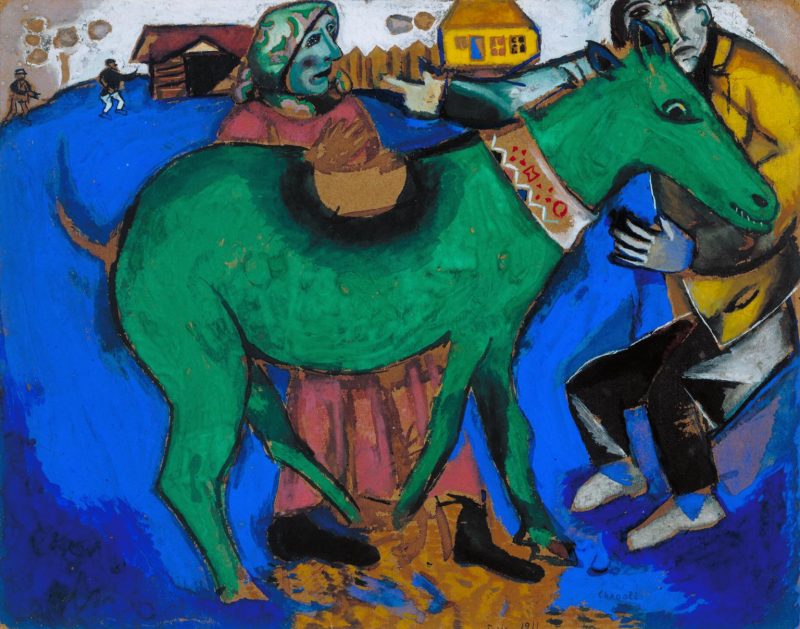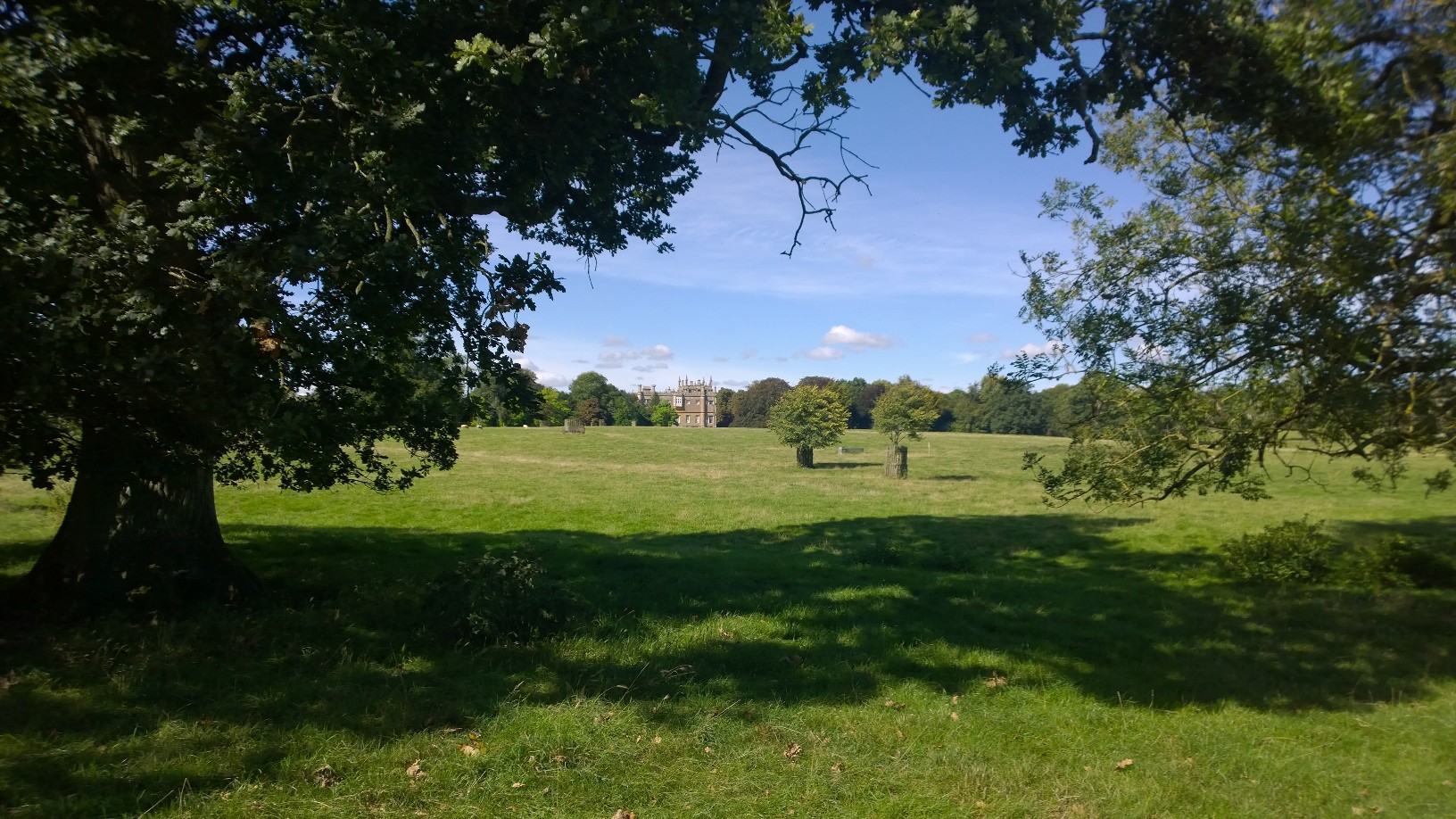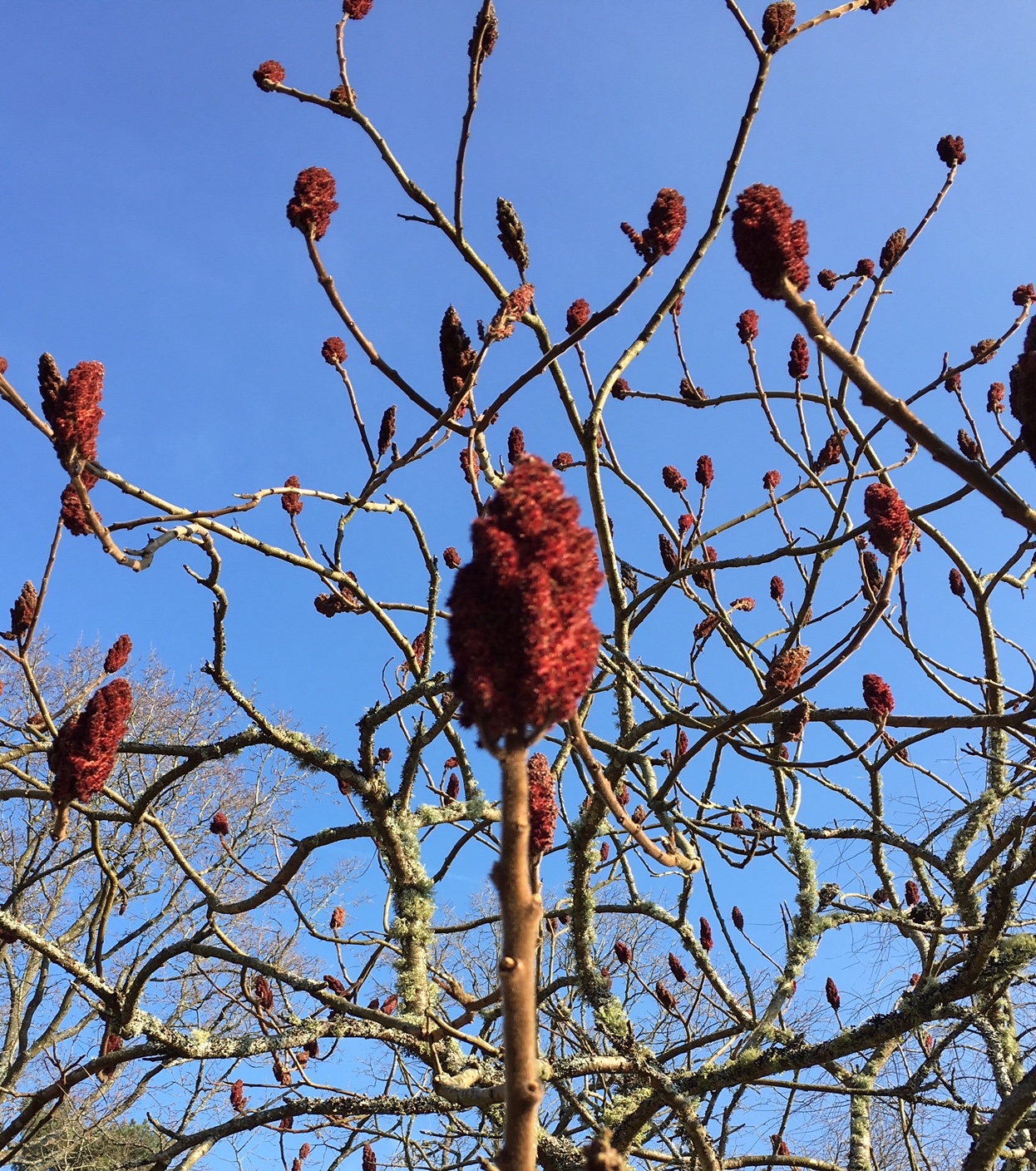You don’t have to write in the suspense genre to use the techniques to create suspense within your novel. These techniques capture your reader’s attention and holds it to the thrilling conclusion. Suspense comes from the reader fearing what will happen next to a character they care about. The character must risk losing what matters […]
Continue ReadingFeedback, Reviews & the ARC
This blog is all about feedback. I recommend seeking feedback at every stage of your manuscript through to – and beyond – publication. Initially it will improve your manuscript. Then, once published, reviews boost sales, and the more reviews the better. I also offer tips on how to source feedback and reviews. Feedback on Drafts […]
Continue ReadingMagic mode: magic(al) realism and the author
If you are confused by the term ‘magic realism’, you’re not alone. The wide variety of novels and short stories all claiming to be magic realism can be bewildering, ranging as they do across romance, family saga, historical fiction, fantasy, science fiction, surrealist, fabulist, slipstream, absurdist and weird fiction. How can this be? In literature, […]
Continue ReadingThe Science of Storytelling
by Will Storr Essential resource for writers of fiction. Storr writes in an engaging and informative way, effectively interpreting the science for the layperson. He draws on research by story theorists, mythologists, anthropologists, sociologists, psychologists, neuroscientists, biologists and social genomicists to explain how stories work. Each point is amply demonstrated with examples from literature, film, […]
Continue ReadingStimulate your Writing
Here are some suggestions of how you can stimulate your creative writing. It is a work in progress, so check back from time to time for updates. Please bear in mind that not all the suggestions will be right for you. The list is not meant to be prescriptive: the thing is to find what […]
Continue ReadingEditing your Manuscript
So you’ve written the last scene of your novel. Give yourself a pat on the head. Better still, give yourself a holiday – get away from your manuscript. Two weeks is good, two months even better. When you come back to it, you want to read it with fresh eyes. Read through your manuscript and […]
Continue ReadingLearning the Craft of Writing
To improve your writing, you have to work at it. If you have the discipline to scribble away on your own, that is great. However, very many people lack the discipline, confidence, or know-how to go it alone. For those people options are available and this post attempts to cover the different kinds of offerings, […]
Continue ReadingSign & Communication in the Other-than-Human World: Biosemiotic & Pragmastylistic Concepts in Literary Analysis
All living organisms interpret (make meaning of) and represent (communicate) their world through a series of signs and codes. A plant may sense a change in daylight hours (photoperiodicity) as a sign which it encodes as a prompt to initiate flower-bud formation, just as a human might sense the sign of hot weather and encode […]
Continue ReadingUnlocking the Writer-Reader Relationship: tools and theories basics
As a creative writer, I love the use of language and enjoy receiving feedback to suggest my writing has ignited an emotional response. Sometimes, the story may only allow for a brief character sketch, but the reader reports to having in mind a very strong and well-defined picture of that character. I wonder, then, about […]
Continue Reading














